The digital coupon craze: how Black Friday shopping frenzies are shaping retail strategies
Black Friday is no longer just a day - it’s a season. What once started as an in-store frenzy has morphed into a global shopping event that spans weeks, with the rise of e-commerce playing a pivotal role.
Now, with the massive influx of digital shoppers, retailers face a unique challenge: balancing deep discounts with profitability and ensuring customer loyalty while avoiding coupon abuse. This Black Friday, the lines between physical and digital retail are blurring more than ever, with online coupons and tech innovations leading the charge.
Black Friday’s Evolution: From Doorbuster Deals to Clicks and Codes
Traditionally, Black Friday was all about customers lining up at bricks and mortar stores in the early hours of the morning, vying for limited-time discounts. Retailers relied on these huge sales spikes to boost annual revenue, often starting the holiday season with chaotic yet profitable shopping sprees. However, in recent years, the digital transformation of retail has significantly changed the landscape.
Online shopping - especially heightened by the Covid-19 pandemic - has taken over. In 2023, over 58 million Americans opted to shop online during Black Friday rather than heading to physical stores, marking a shift in consumer behaviour that’s here to stay. But along with this shift, another trend has gained prominence: the rise of digital coupons.
The Power of the Online Coupon in the Black Friday Frenzy
Coupons have long been a key strategy for retailers to drive customer engagement and loyalty. In the context of Black Friday, online coupons have become a game-changer, allowing consumers to access deals with ease from the comfort of their homes.
Online coupons, particularly during high traffic shopping periods like Black Friday, offer multiple advantages for both consumers and retailers. For shoppers, these digital deals provide a straightforward way to save money without the hassle of clipping paper coupons or navigating crowded stores.
Retailers, on the other hand, benefit from increased traffic to their websites and apps, often driving impulse purchases and higher average order values.
With retailers like Amazon, Target, and Walmart offering exclusive discounts through digital channels, shoppers now expect to find high-value coupon codes online. This expectation has grown to the point where, according to a survey by RetailMeNot, over 80% of consumers look for coupon codes before making an online purchase. In the highly competitive retail market, failing to offer discounts through coupons can lead to missed opportunities, as shoppers can easily click over to a competitor who does.
Tech and Innovation Driving Black Friday Coupon Strategies
Retailers are no longer relying on generic, one-size-fits-all coupons. Today, personalisation and data analytics are transforming how businesses approach digital discounts. By leveraging customer data, brands can create personalised coupons that cater to specific shopping behaviours, allowing them to offer relevant deals that enhance customer loyalty without eating too much into profit margins.
According to Retail Technology Innovation Hub, retailers are increasingly adopting advanced technology to enhance the efficiency of digital coupons during Black Friday. Artificial intelligence (AI) and machine learning (ML) algorithms are being used to predict consumer demand, ensuring that retailers don’t lose out on sales due to stock shortages. Moreover, AI-driven personalised offers can significantly boost coupon redemption rates while maintaining profitability.
For example, many brands now send out personalised Black Friday email campaigns with unique coupon codes based on previous customer purchases. This increases the likelihood that the coupon will lead to a purchase, as the offer is tailored specifically to the customer’s interests. Retailers like Macy’s and Best Buy have been at the forefront of implementing such technologies, offering personalized deals, and optimising inventory in real time.
Furthermore, social media platforms like Instagram and TikTok are also becoming critical components of Black Friday coupon strategies. Many brands are using influencers to distribute exclusive coupon codes, making it easier for young, tech-savvy consumers to engage with these promotions in a more organic and relatable way. Moreover, they are also prone to scams, which, interestingly enough, cost Americans nearly 34 million USD in damages last year alone.
The Balance Between Discounts and Profitability
While online coupons are excellent tools for driving traffic and sales, retailers need to balance the discounts they offer with maintaining healthy profit margins. The "race to the bottom" mentality, where retailers try to out-discount each other during Black Friday, can backfire if not managed properly. This is where strategic couponing becomes essential.
Savvy retailers are using coupons in conjunction with dynamic pricing models, ensuring that they are able to offer competitive discounts without taking a loss. Some are employing a tiered coupon system, offering deeper discounts for higher order values. For example, offering 20% off on orders over $100, while giving 10% off on smaller purchases, helps to drive up the total amount spent per customer, which can mitigate the impact of discounts.
Additionally, "exclusive" coupons for loyalty programme members or subscribers can create a sense of urgency and exclusivity, prompting higher engagement and spending. This can be especially useful during Black Friday when the competition for consumer attention is at its peak.
The Future of Coupons and Retail Technology
Looking ahead, it’s clear that online coupons will remain a critical component of retail strategies, particularly during shopping events like Black Friday. However, the role of coupons will continue to evolve alongside advances in retail technology.
We’re already seeing the integration of augmented reality (AR) and virtual reality (VR) into the online shopping experience, with some retailers offering AR enhanced coupon experiences that allow customers to "unlock" deals through interactive features on their smartphones.
As the retail landscape becomes even more competitive, brands will need to invest in innovative technologies and creative coupon strategies to capture consumer attention. According to Retail Technology Innovation Hub, future developments in blockchain technology may also offer retailers new ways to ensure the secure distribution and redemption of coupons, minimising the risk of fraud and coupon stacking, which can erode profit margins.
Conclusion: The Coupon Continues to Thrive
As Black Friday shopping continues to shift online, digital coupons have become a central tool in retailers’ arsenals to drive sales and build customer loyalty.
From personalised offers powered by AI to the integration of social media and influencer marketing, the coupon’s role in modern retail is evolving rapidly. Retailers that harness these tools effectively will not only see increased traffic and sales but also stronger customer relationships, setting themselves up for long-term success.
For consumers, this year’s Black Friday represents more than just a chance to score a deal—it’s an opportunity to shop smarter, with the power of online coupons at their fingertips. As shoppers prepare to dive into the holiday frenzy, retailers that prioritise innovation and thoughtful coupon strategies will come out on top.
Ready to unlock the best deals this Black Friday? Keep an eye on your favourite retailers and snag those digital coupons before they’re gone!


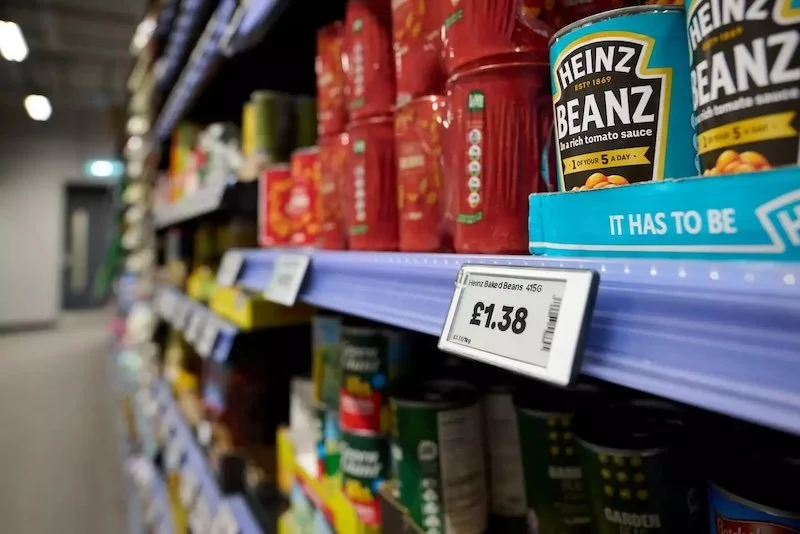
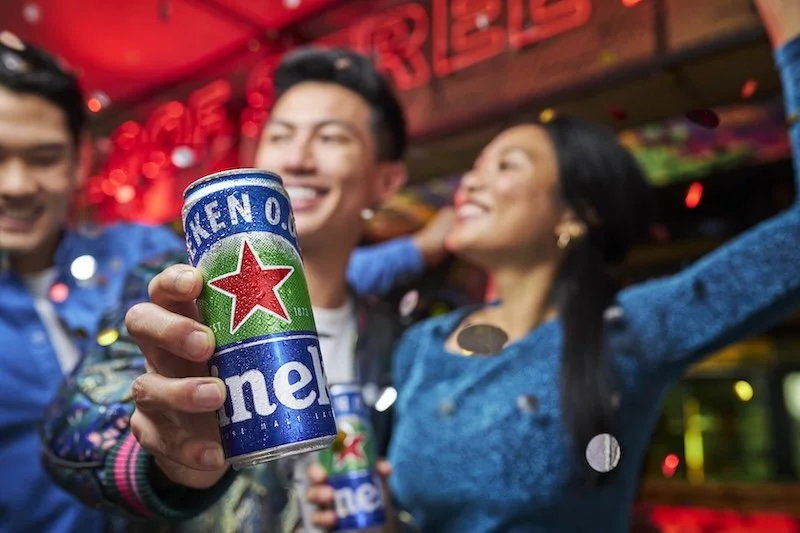


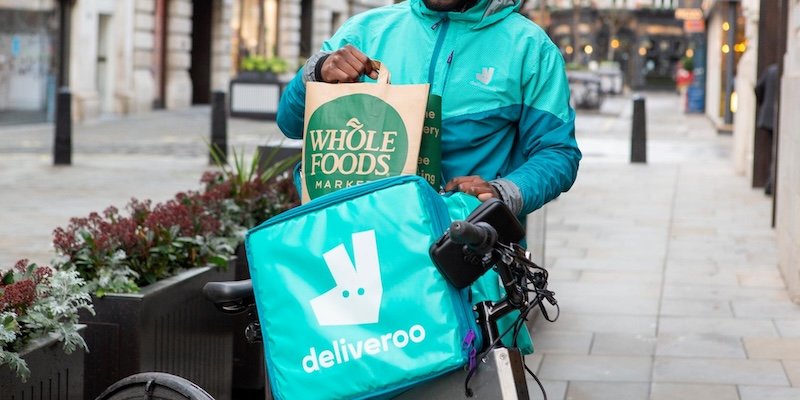

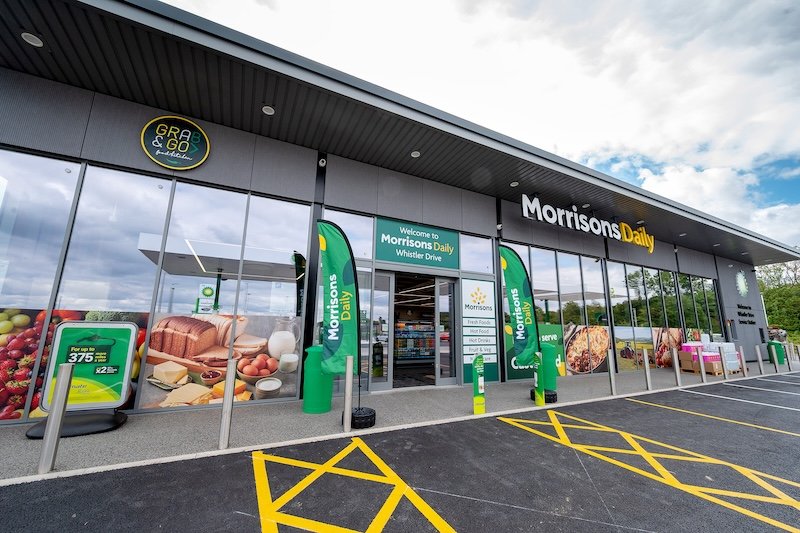
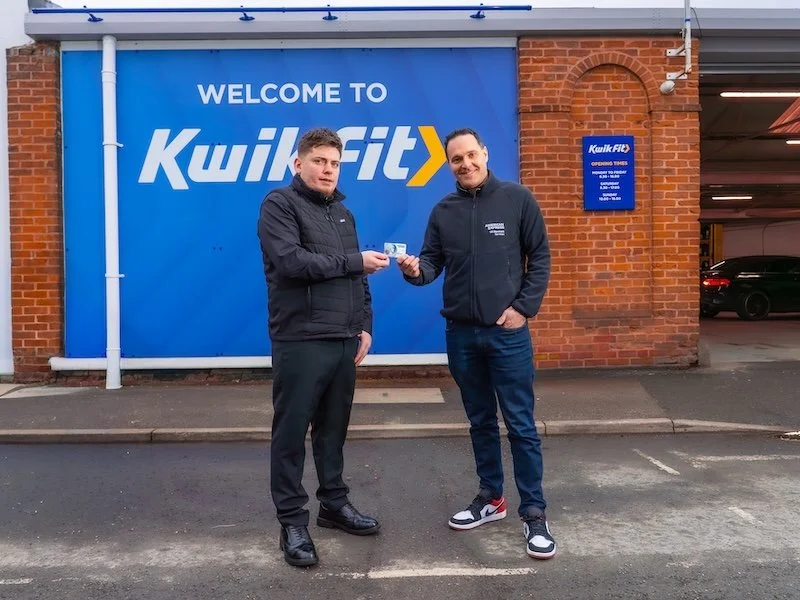




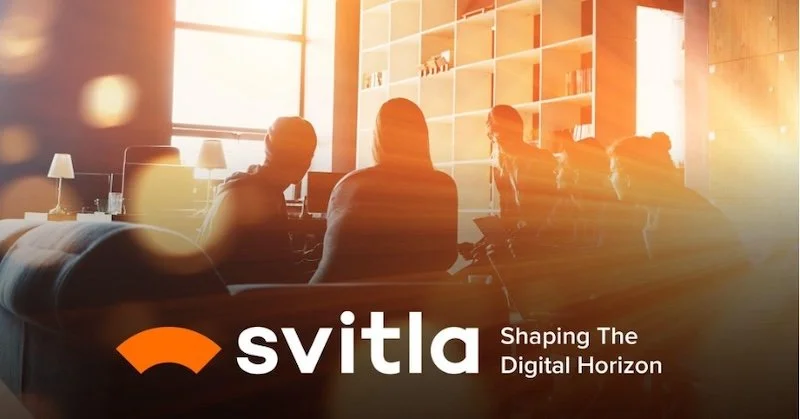
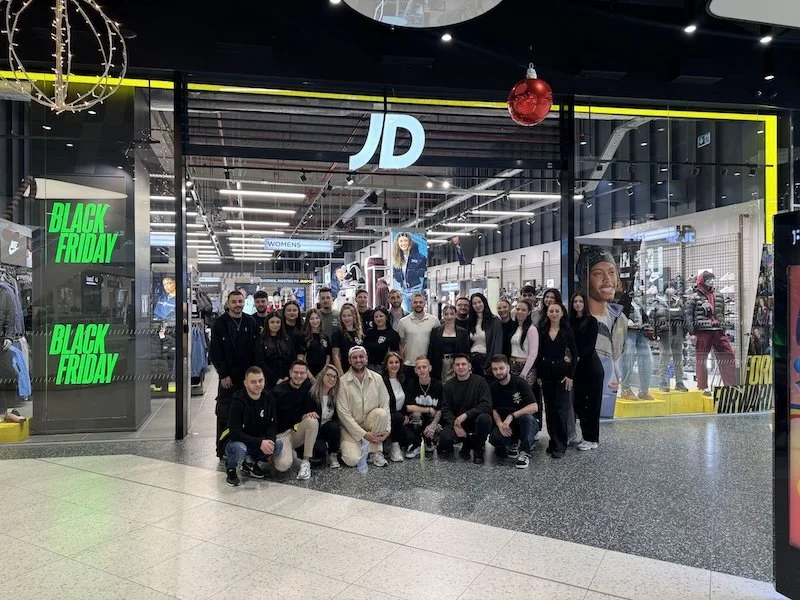



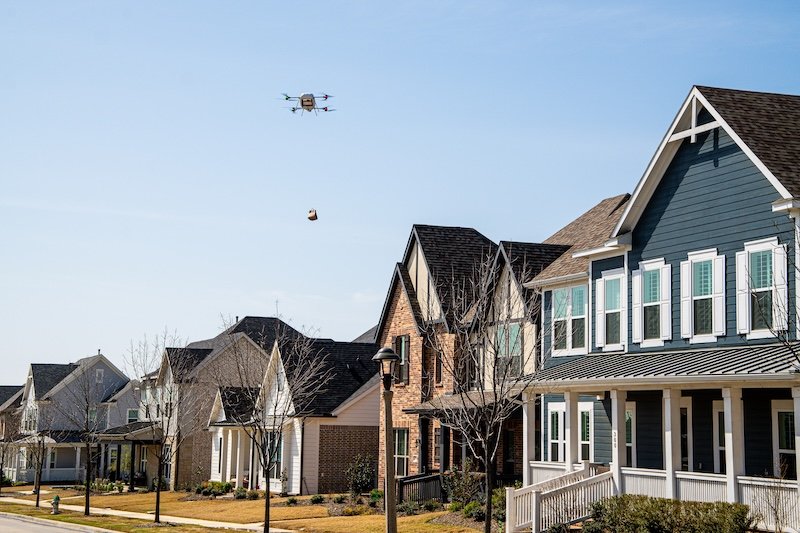

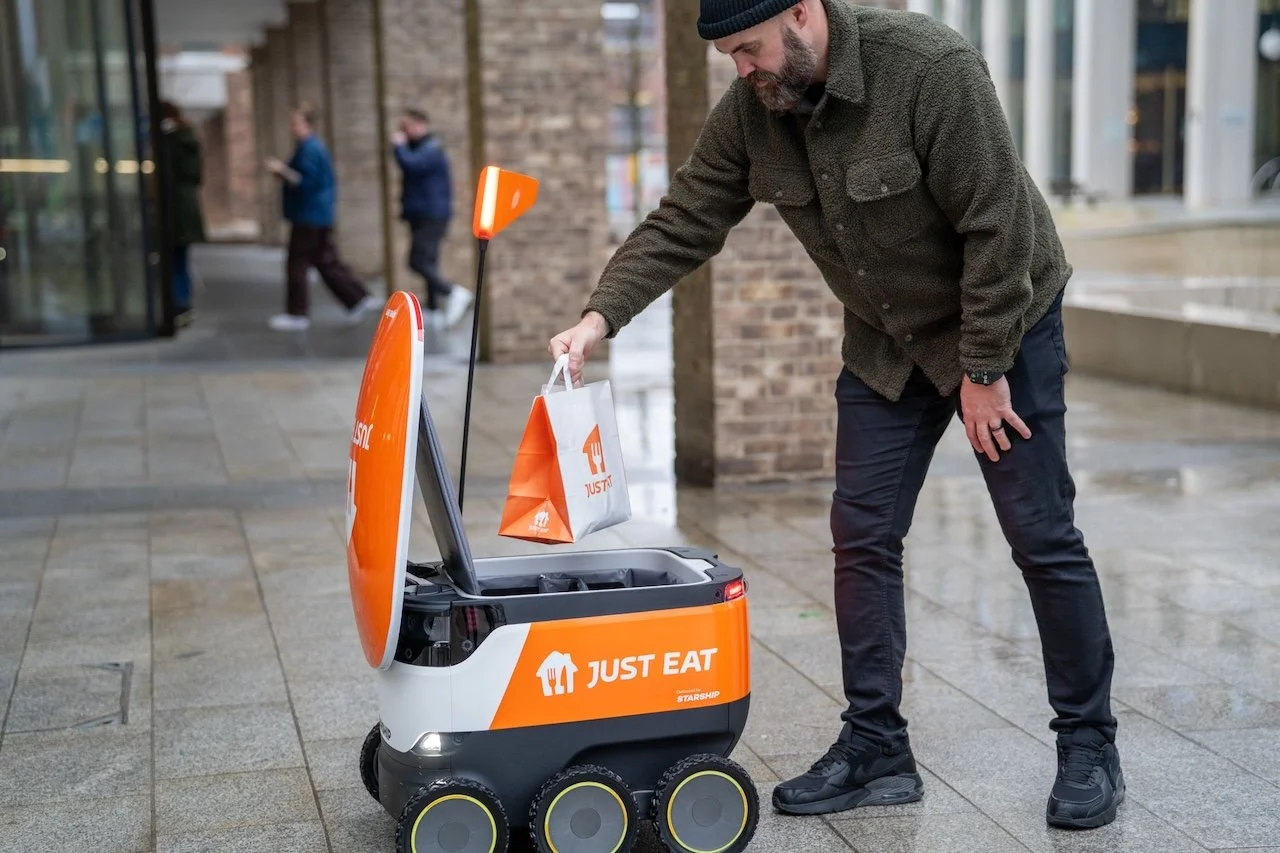

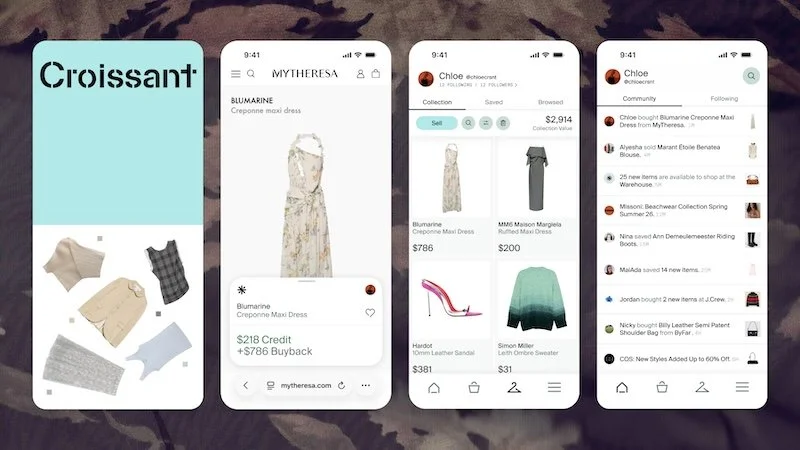


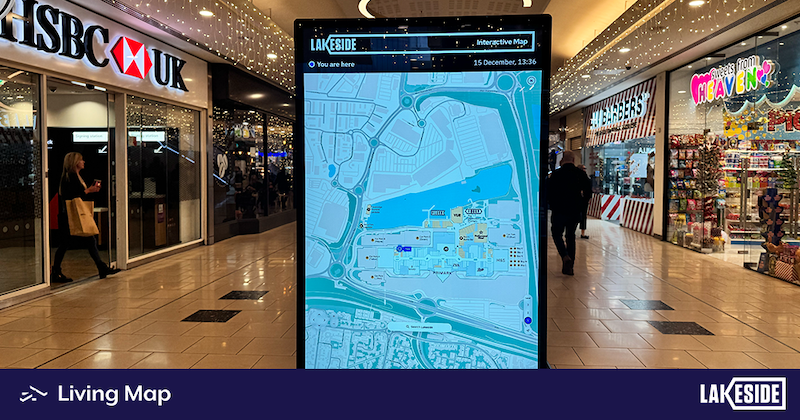
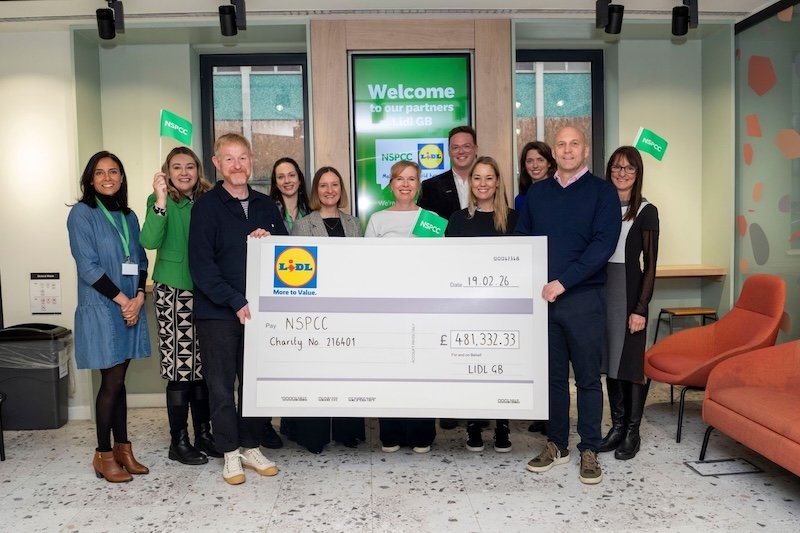
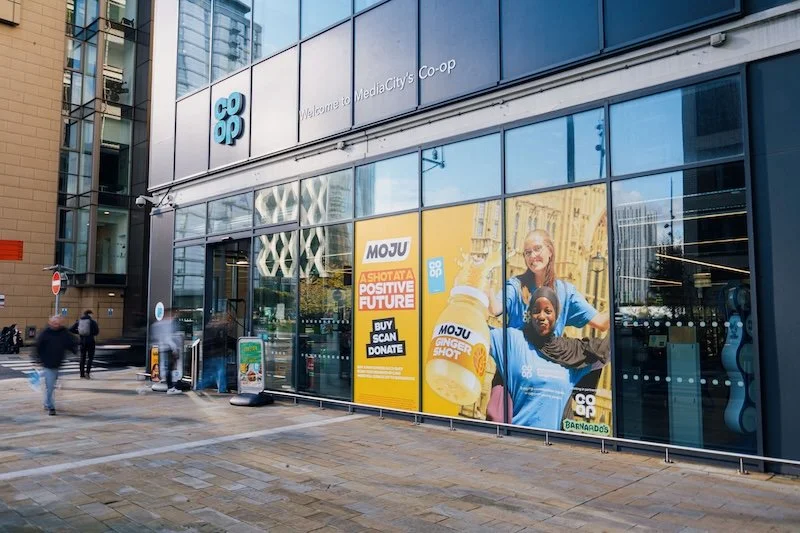
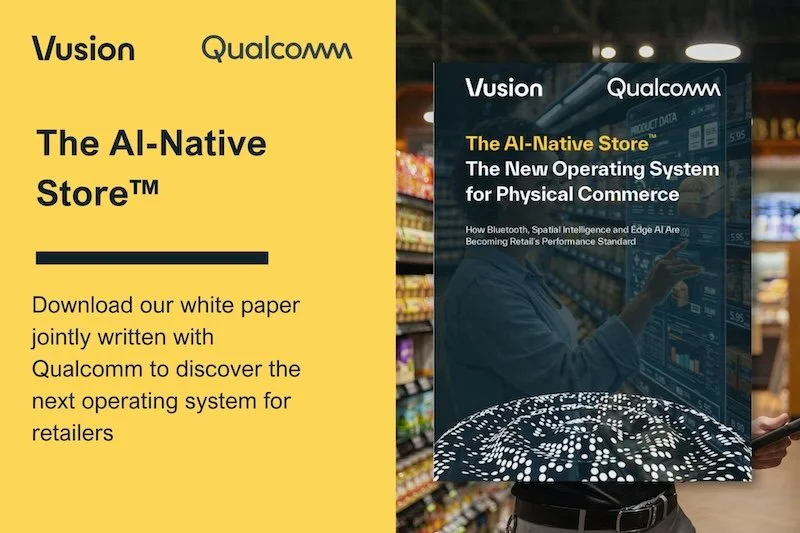
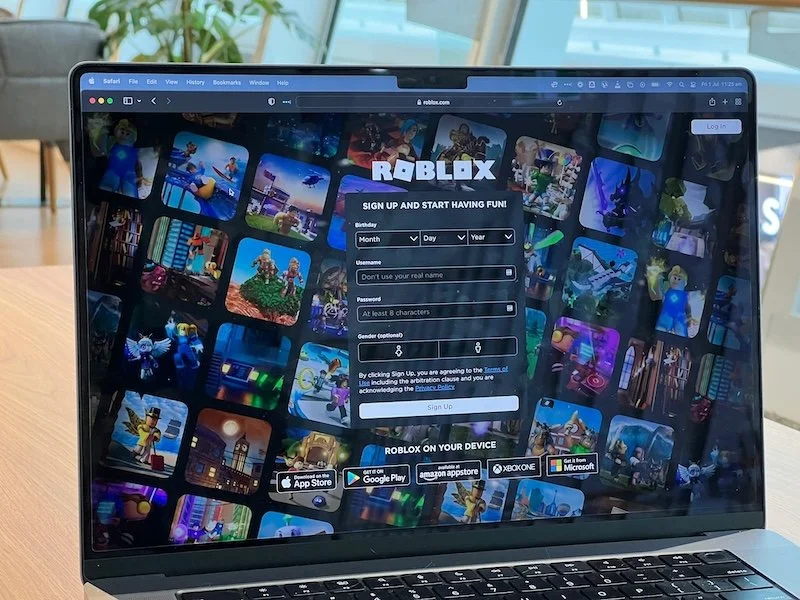
Continue reading…